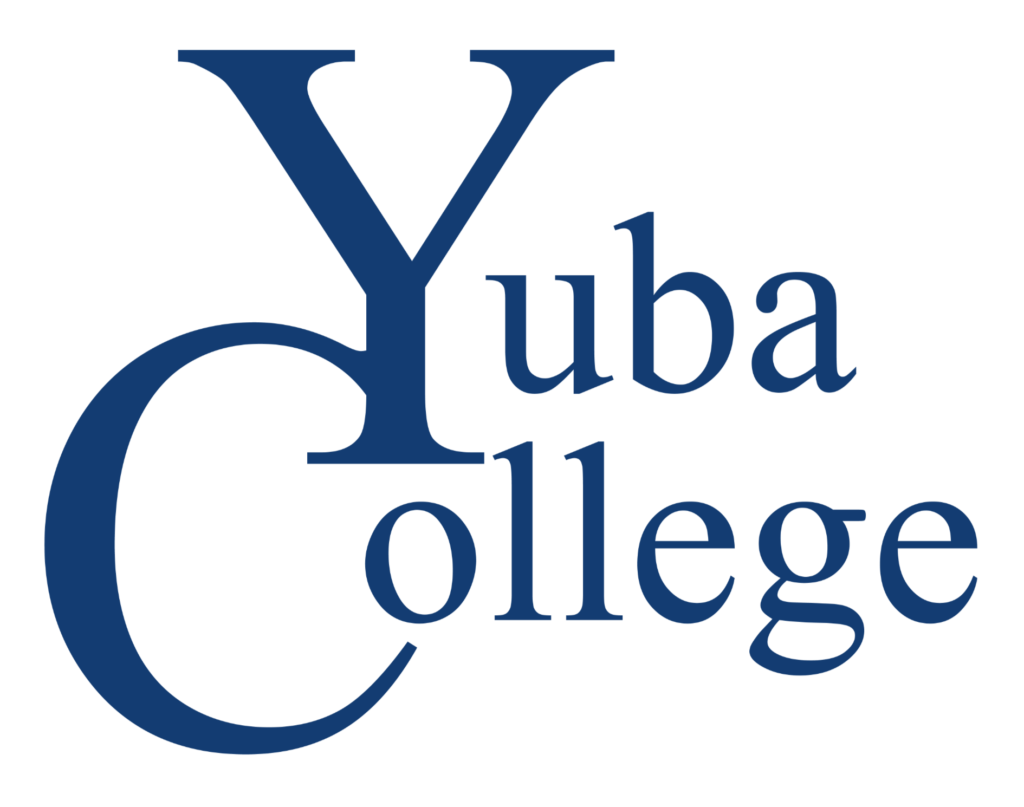Academic Accommodations:
Please click the links below to request accommodations
Testing Accommodations & Classroom Accommodations: AIM Portal CLICK HERE
Furniture/Shared Notes/Interpreter CLICK HERE
Tape Recorder, Otter, JamWorks, or Other Technology Requests (Please sign the agreement from your AIM Portal). Implementation of these accommodations requires a meeting with our Alternate Media Technology Specialist. Please call (530-741-6795) or email (dspsinfo@yccd.edu) to schedule an appointment.
Alt. Media Request (Kurzweil) CLICK HERE If requesting Kurzweil, please meet with our Alternative Media Specialist and provide proof of possession of the book(s) call (530-741-6795) or email (dspsinfo@yccd.edu) to book an appointment.
Academic Accommodations Policy
The Board of Trustees recognizes that no qualified student, on the basis of a disability, who may be reasonably accommodated, be excluded from participation in, denied the benefits of, or otherwise be subjected to discrimination under, any academic, research, occupational training, housing, health insurance, counseling, financial aid, athletics, recreations, transportation, other extracurricular or education program or activity provided by the District.
The Board hereby directs that appropriate Administrative Regulations be formulated to allow qualified students with disabilities, who may be reasonably accommodated, to fully participate and benefit in the educational programs and services of the District.
A. Request for Academic Accommodations
1. Requests for reasonable academic accommodations will be granted for students with disabilities. Students requesting reasonable accommodations, auxiliary aids, or services can do so by applying for such support through the Disabled Student Services and Program (DSPS) office. DSPS staff will explain what documentation may be required to verify the student’s eligibility for DSPS support. This may require the student with a disability to present appropriate documentation to substantiate the individual disability and complete as appropriate established college assessment procedures to identify the needs of the student for academic adjustment. Each case is individually reviewed. Documentation will be provided to support the agreement between the student and the DSPS program.
Every effort will be made by DSPS staff to ensure the students clearly understand what is expected, their rights and responsibilities. DSPS staff will ensure a smooth and timely transition through this process.
B. Academic Accommodations (Adjustments)
In accordance with the Americans with Disabilities Act of 1990, Section 504 of the Rehabilitation Act of 1973, and California Education Code Section 67300, the following accommodations may be considered:
1. Instructors shall make reasonable academic modifications to the academic/course requirements, thereby ensuring that students with disabilities are not discriminated against due to handicap. Academic requirements that the instructor can demonstrate are essential to the program of instruction or to any essential licensing requirement will not be regarded as discriminatory.
2. Modifications of reasonable academic requirements may include changes in the length of time permitted for completion of degree requirements, substitution of specific courses required for the completion of the degree requirements and adaptation of the manner in which specific courses are conducted.
3. Other rules may not be imposed on students with disabilities, such as prohibition of tape recorders in the classrooms or certified service dogs in the campus building that have the effect of limiting the access and participation of students with disabilities in the educational program or activity.
4. Specialized support services are available to students with disabilities, which are in addition to the regular services provided to all students. They may include but need not be limited to these academic adjustments, auxiliary aids or services.
a. Registration assistance, including priority enrollment assistance application for financial aid, and related college services;
b. Handicap parking spaces
c. Test-taking facilitation, including arrangement, proctoring, and modification of test and test administration;
d. Assessment, including both individual and group assessment to determine functional educational and vocational levels or to verify specific disabilities;
e. Interpreter services, including manual and oral interpreting for hearing-impaired student;
f. Mobility assistance (on-campus) to and from college courses and related educational activities;
g. Reader, note-taker, books on tape, and/or transcription services;
h. Access to and arrangements for adaptive educational and physical support equipment, materials, and supplies required by students with disabilities; and
i. Accommodations for participation in co-curricular activities directly related to the student’s educational goals as specified in the Student Ed Plan.
C. Termination or Suspension of Services:
Students may have services terminated or suspended for the following reasons:
1. The student is not making progress on his/her Student Ed Plan and/or Student Educational Contract (SEC), as determined by the instructor in a special class; or
2. The student is not making academic progress according to the established college progress policy; or
3. The student fails to comply with the requirement(s) of his/her Student Educational Contract (SEC) and/or Student Ed Plan; or
4. The student abuses the use of reasonable academic accommodation support services provided by Disabled Student Program and Services.
Suspensions are for limited time periods based on the evaluation of the Dean of Student Success & DSPS,Learning Disabilities Specialist and/or designated college official. Notification of suspension of services should be in writing to the student. Students who have services terminated, suspended, or if the student feels he/she has a complaint against the college or the DSPS program, for failure to provide a reasonable academic accommodation, the student can file a complaint or appeal.
D. Complaint/Appeals Procedure
Students who feel that they have been adversely affected by decisions made by the college or DSPS program can file a complaint or appeal to the Dean of Student Success/DSPS.
Complaints or appeals filed by disabled students can include (but are not limited to) matters such as:
1. Reasonable academic accommodations or services requested which have been denied, terminated, suspended, or modified in such a manner as to limit the student’s access to the educational program or services of the college that are required by the student to meet his/her educational goal;
2. For failure of the DSPS program or college to provide a required academic accommodation or service in a reasonable time frame once the student has provided the necessary documentation to verify his/her disability; or
3. For actions, decisions, or procedures that the student feels have negatively affected his/her student status, privileges, or access to the educational programs or services of the college because of the student’s disability status.
The Dean of Student Success/DSPS will meet with the student no more than five (5) working days of the student filing a complaint or appeal. The complaint or appeal is to be made through the Office of the Dean of Student Success/DSPS.
The student will be provided with supportive services, if needed, to ensure the student can clearly state their reasons for the complaint or appeal and their desired resolution. This support will be provided through the various levels of the process. The Dean of Student Success/DSPS, at this step, will make every effort to resolve the complaint or appeal using an informal process.
If a resolution cannot be reached (using the informal process) the student can appeal to the Academic Accommodations Committee within five (5) working days after the informal process has taken place or the Dean of Student Success/DSPS has made a decision. The committee will be comprised of staff that is knowledgeable in the area of academic and physical disabilities. At minimum the committee will include:
- One administrator, chair
- One student
- Two faculty (at least one from the DSPS Program)
- One affirmative action office representative
The committee will be called together by the Dean of Student Success/DSPS.
The student making the complaint or appeal will have the opportunity to present his/her reasons for the complaint or appeal and the desired resolution.
The committee will hear the student’s complaint or appeal, review written material presented by each party, call witnesses (if necessary), and receive all information pertaining to the complaint or appeal.
Official minutes of the hearing will be taken.
The committee upon hearing testimony and reviewing all information presented by each party will submit its findings of fact and recommendations concerning the complaint or appeal. The committee can recommend one of the following decisions:
1. Uphold the college/DSPS action
2. Modify the college/DSPS action
3. Dismiss the complaint or appeal in favor of the student
The committee’s recommendation shall be made to the Dean of Student Success/DSPS and communicated to all concerned parties.
The committee’s decision shall be final.
Throughout the complaint or appeals process the student will be informed of his/her due process rights. The student will be advised that he/she has the right to:
4. File an external appeal to the U.S. Office of Civil Rights under Section 504 of the Rehabilitation Act of 1973.
But, in all instances, the college will make every effort to adjudicate complaints and appeals using fair and equitable procedures.

